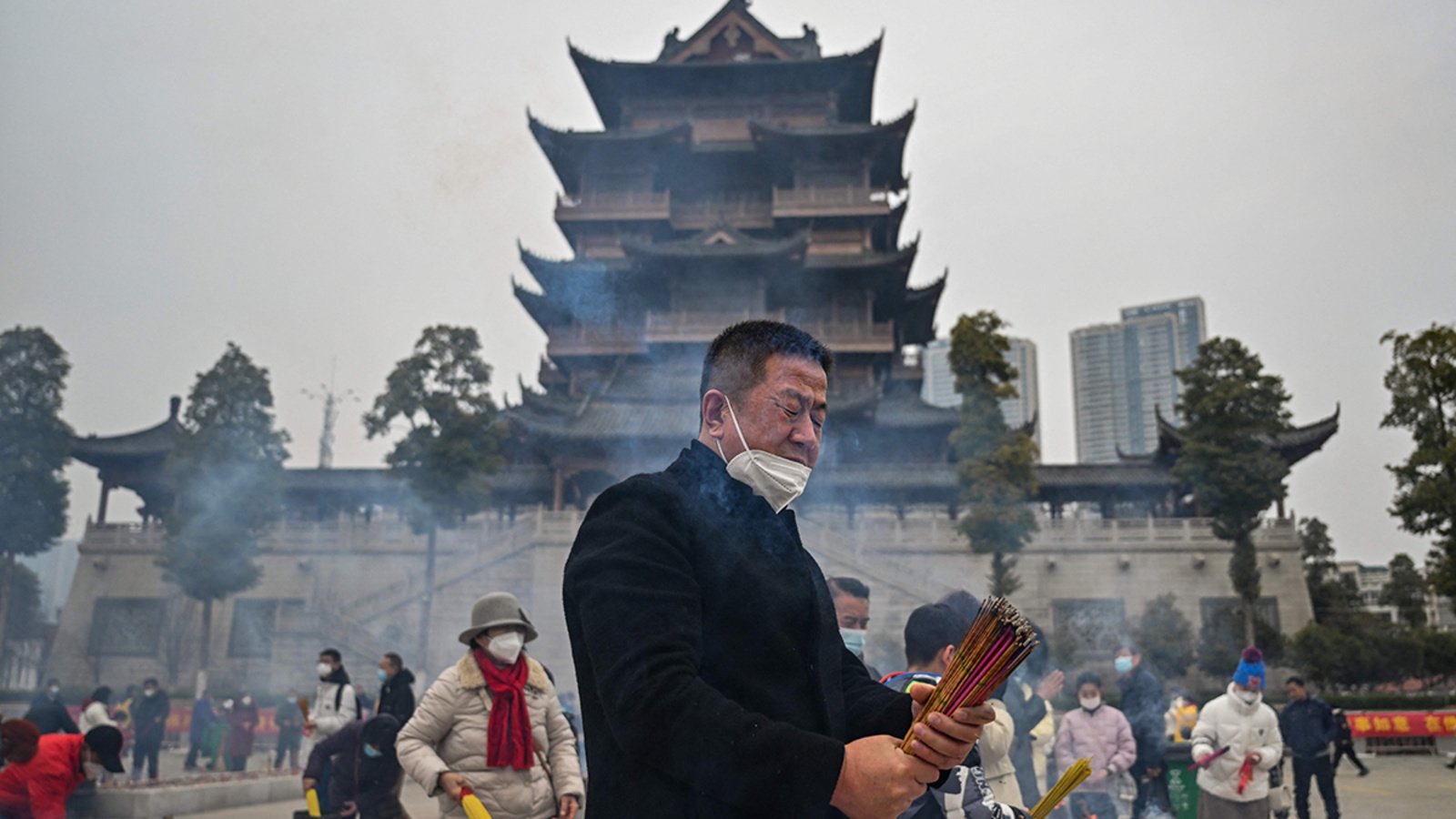China’s relentless crackdown on religious freedom: A dire warning from US watchdog
The U.S. Commission on International Religious Freedom (USCIRF) has once again sounded the alarm over the deteriorating state of religious freedom in China.
In its latest report, published on March 25, USCIRF stated that religious freedom conditions in China “remained among the worst in the world” throughout 2024.
The findings underscore the Chinese Communist Party’s (CCP) relentless campaign to impose its ideological control over all religious communities, further eroding fundamental human rights in the country.
The CCP’s efforts to suppress religious freedom are neither new nor sporadic; they are part of a systematic strategy to force all religious groups to conform to state-sanctioned ideologies.
Under President Xi Jinping’s leadership, the Chinese government has intensified its crackdown on religious practices through the “Sinicisation” of religion—a policy aimed at molding faith traditions to align with the CCP’s socialist principles and Chinese cultural identity.
USCIRF’s report details numerous violations, including arbitrary detentions, forced re-education programs, mass surveillance, church demolitions, and suppression of religious literature.
The CCP continues to target various religious groups, including Christians, Tibetan Buddhists, Uyghur Muslims, and Falun Gong practitioners, subjecting them to extreme persecution under the guise of maintaining “social stability.”
One of the most egregious examples of China’s assault on religious freedom remains the persecution of Uyghur Muslims in Xinjiang.
The USCIRF report reaffirms ongoing human rights abuses, including the mass internment of over a million Uyghurs in so-called “re-education camps.”
These facilities, widely condemned by the international community, serve as centres for forced indoctrination, where detainees are compelled to renounce their faith, pledge loyalty to the CCP, and undergo psychological and physical abuse.
Similarly, Tibetan Buddhists continue to suffer under the CCP’s oppressive policies.
Beijing has further tightened its grip on Tibet by controlling religious institutions, interfering in the selection of Buddhist leaders, and punishing any expression of loyalty to the Dalai Lama.
Monasteries are subjected to surveillance, and those found engaging in unauthorized religious activities face imprisonment and torture.
Christian communities in China have also faced severe repression, with underground churches being raided and pastors imprisoned.
The Chinese government demands that churches affiliate with state-approved religious organisations, such as the government-controlled Three-Self Patriotic Movement for Protestants and the Chinese Patriotic Catholic Association for Catholics.
Those who refuse to comply face closure, harassment, and imprisonment.
Reports indicate that authorities have intensified efforts to remove crosses from churches, ban online Bible sales, and replace Christian imagery with portraits of Xi Jinping.
In some instances, religious services have been disrupted by police, with worshippers subjected to threats and arrests.
The USCIRF report highlights the case of several Christian leaders who remain imprisoned for refusing to bow to CCP control.
Falun Gong practitioners remain one of the most persecuted religious groups in China.
Since the CCP banned the spiritual practice in 1999, adherents have faced widespread detention, forced labour, and allegations of forced organ harvesting.
Despite international condemnation, the Chinese government continues to view Falun Gong as a “dangerous cult” and justifies its brutal crackdown as necessary for social harmony.
The USCIRF report raises concerns over the ongoing reports of forced organ harvesting, a practice in which detainees—primarily Falun Gong practitioners—are allegedly killed for their organs to supply China’s transplant industry.
This horrific abuse has been widely condemned, yet Beijing denies any wrongdoing.
The CCP’s use of advanced surveillance technology to suppress religious freedom is another troubling aspect highlighted in the report.
The government employs facial recognition cameras, AI-powered monitoring systems, and big data analytics to track religious activity.
Mosques, churches, and temples are equipped with surveillance cameras, while authorities monitor online religious content and crack down on virtual religious gatherings.
In Xinjiang, high-tech surveillance systems track Uyghur Muslims, monitoring their movements, phone activity, and social interactions. Similar measures are being deployed in Tibet and other regions, reinforcing Beijing’s stranglehold over religious expression.
The USCIRF has consistently recommended that the U.S. government and international bodies take stronger action against China’s religious persecution.
In its latest report, the commission urges Washington to impose targeted sanctions on Chinese officials responsible for human rights violations and to enhance protections for religious minorities seeking asylum.
Several Western governments and human rights organizations have condemned China’s actions, calling for increased diplomatic pressure and economic consequences.
The U.S. and its allies have already imposed sanctions on Chinese officials and companies linked to human rights abuses in Xinjiang, but critics argue that more decisive action is needed.
Despite Beijing’s attempts to control religious expression, faith communities in China continue to resist.
Underground churches persist, Tibetan monks secretly practice their beliefs, and Uyghur families pass down religious traditions in defiance of state oppression.
The resilience of these communities serves as a testament to the enduring power of faith in the face of tyranny.
As the international community grapples with how to respond to China’s egregious human rights violations, it is crucial that religious freedom remains a central issue in diplomatic discussions.
Experts opined that governments, advocacy groups, and faith-based organisations must unite in demanding accountability and justice for those suffering under the CCP’s oppressive policies.
The USCIRF report is a stark reminder of the urgent need to defend religious liberty worldwide.
China’s assault on faith is not just a domestic issue—it is a fundamental human rights crisis that demands global attention and action.













